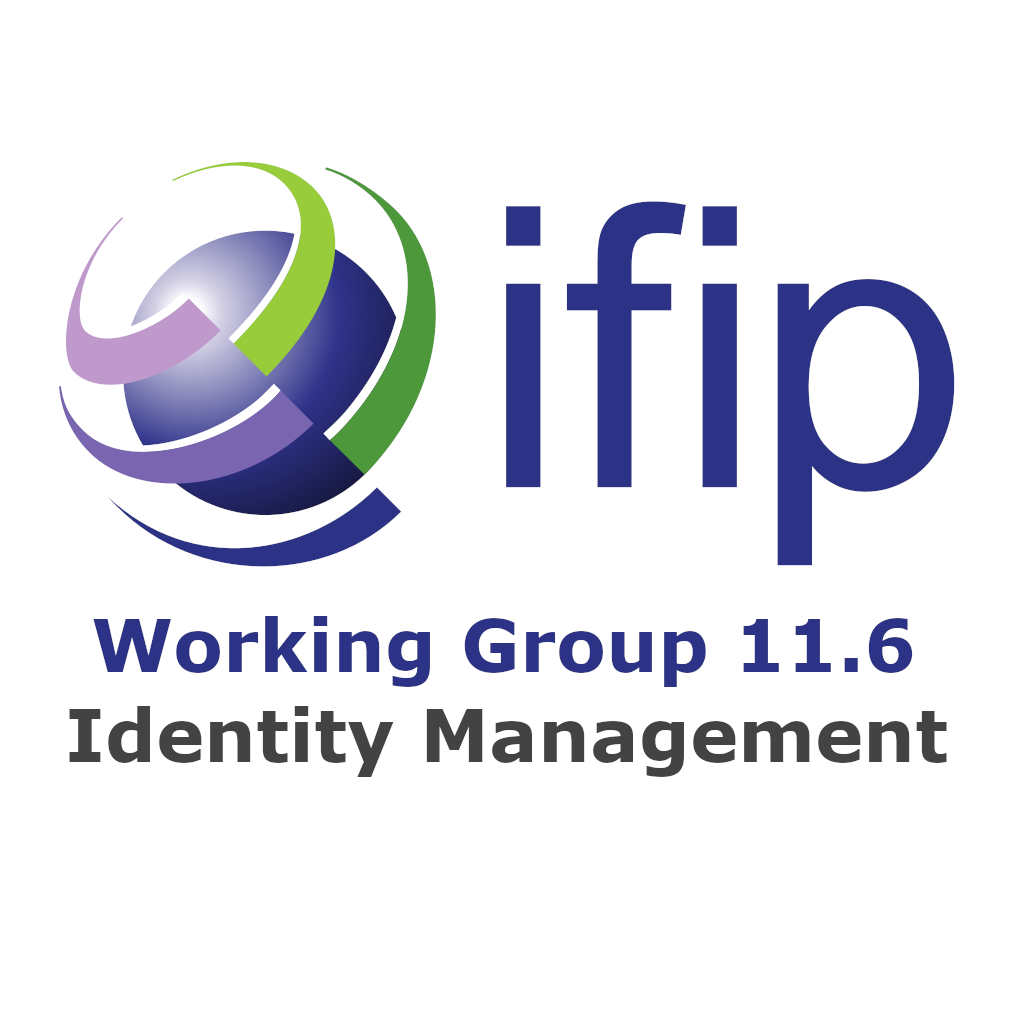Aims and Scope
Aims
The aim is to promote through education, research and outreach, the awareness and understanding of:
- Identity management in general, and, in this context:
- identity management applications and methodologies;
- optical and electronic document security;
- potential and actual role and function of biometrics in particular;
- Methods and techniques that can help to evaluate (specific) biometric technologies;
- operational aspects of biometrics;
- legal aspects of the application of biometrics;
- impact of biometrics on society;
- methods and techniques that can help to improve the quality of biometric technology (performance, privacy, compliance); and
- National identity management in particular:
- national identity management as (a kind of) federated identity management;
- national identity management as a part of multilateral identity management;
- (possible) role and effectiveness of identity management in fighting (inter)national fraud, crime and terrorism;
- methods and techniques that can help to improve the quality of national identity management.
Scope
- To establish and expand a common identity management lexicon so that the international community speaks the same language.
- To propose, define and evaluate identity management applications and methodologies that will meet the standards of decision-makers in the public and private sector.
- To propose, define and evaluate optical and electronical document security technologies that will meet the standards of decision-makers in the public and private sector.
- To propose, define and evaluate biometric technologies and methodologies to be incorporated in (national) identity management that will meet the standards of decision-makers in the public and private sector.
- To promote through education, research and outreach, a wider understanding of the legal, social and operational issues related to (national) identity management in general and the technologies mentioned above in particular.
- In order to promote discussion related to research in the field, WG 11.6 will foster cooperation between:
- International communities
- Stakeholders, scientists and industry.
- Technicians, sociologists, biologists, philosophers, psychologists and political scientists.
